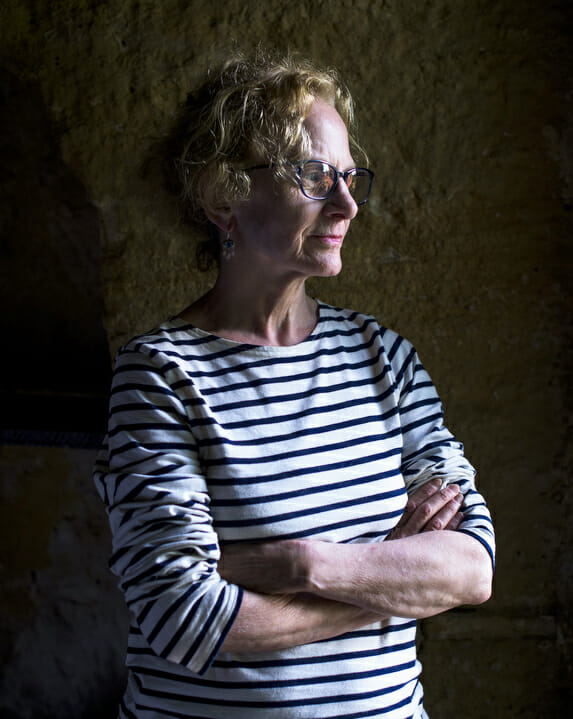
Spiritual
PT409 – Pathology, The DSM, and The Ontological Shock of Psychedelic Experiences
May 9, 2023
Featuring: Erica Rex & Mona Sobhani, Ph.D.
In this episode, Joe interviews Erica Rex: award-winning journalist, past guest and writer, and participant in one of the first ever clinical trials using psilocybin to treat cancer-related depression; and Mona Sobhani, Ph.D.: cognitive neuroscientist and the author of Proof of Spiritual Phenomena: A Neuroscientist’s Discovery of the Ineffable Mysteries of the Universe.

In this episode, Joe interviews Erica Rex: award-winning journalist, past guest and writer, and participant in one of the first ever clinical trials using psilocybin to treat cancer-related depression; and Mona Sobhani, Ph.D.: cognitive neuroscientist and the author of Proof of Spiritual Phenomena: A Neuroscientist’s Discovery of the Ineffable Mysteries of the Universe.
As Rex discovered the power of psychedelics through a clinical trial, she discusses a huge problem she discovered: that researchers are not preparing participants enough for the ontological shock they may go through in trying to match unexplainable happenings to a rigid framework (or match the normal to a framework that has suddenly shifted) – that while patients have support at the clinic, it all disappears when they return to normal life. She believes that all too often, researchers are doing only what is necessary to be able to continue to receive funding, push drugs through the FDA, and prescribe a pill.
And as psychedelics changed Sobhani from very constrained scientific thinking to being very open to new ideas about consciousness and spirituality, she learned that many scientists had similar stories, and that coming out of the psychedelic closet is sometimes the best thing to do to normalize these ways of healing.
They discuss the challenges of newcomers trying to explain their experience without having the necessary language; how we still don’t truly understand mental illness; how the DSM just clusters symptoms to fit ‘disorders’ into a box; how society has started pathologizing anything we find unpleasant (which of course, is a part of being human); Gary Fisher’s research on using LSD and psilocybin for schizophrenic children, why science needs to combine consciousness research and psychedelics research, and more.
Notable Quotes
“I think most people (neuroscientists, a lot of psychologists): we don’t like labels. We don’t like the DSM (especially neuroscientists). It doesn’t make any sense; all you’re doing is clustering symptoms and calling it a disorder. It’s useful, but it’s not explanatory. …Everyone’s so focused on ‘What are the brain mechanisms?’ but we do need to pull out and [ask]: ‘What are the societal mechanisms? How is our society not supporting [us]? Why do we see such an increase in some of these disorders? It’s a really big question.” -Mona
“There was a big move to get grief made into a pathology that was defined in the DSM so it could be treated with a pill. Grief. This was during COVID. So now grief is a pathology and you can be diagnosed with ‘grieving disorder’ and treated for it. …Anything that does not serve the machine is now considered a disease and disorder and has to be fixed, which is unfortunate because it takes us away from every piece of authentic experience that we could ever possibly have. And that is dehumanizing, profoundly.” -Erica
“Our whole society’s not built around humanity, even though we talk a lot about humanity. But there’s no humane principles in business or in society. Nothing is built around what the human needs, and that’s why, even in psychiatry, you see [that] grief or these normal human needs are pathologized. …We’re just cutting off parts of ourselves and not catering to being a human because we hate being human so much, apparently. We hate the things that are inconvenient about it, that it’s like we just have to cut it off and block it off and go forward. But you can’t do that; then you have all these coping mechanisms that emerge and then all these disorders, because you’re not functioning in an environment that supports you being what you are.” -Mona
Links
Psychedelics Today: PT273 – Erica Rex – Clinical Trials and Spontaneous Mystical Experiences
Madinamerica.com: Psychedelic Therapy Will Not Save Us, by Erica Rex
Scientificamerican.com: Hallucinogens Could Ease Existential Terror, by Erica Rex
Psychedelics Today: Could the Sonoran Desert Toad Cure Narcissism? by Erica Rex
Npr.org: The ’60s Are Gone, But Psychedelic Research Trip Continues
Brave New World of Psychedelic Science substack
Exploring Consciousness: A community of curious (neuro)scientists
Treatment of Childhood Schizophrenia Utilizing LSD and Psilocybin, by Gary Fisher, Ph.D.
The Center Cannot Hold: My Journey Through Madness, by Elyn R. Saks
The Myth of Normal: Trauma, Illness, and Healing in a Toxic Culture, by Gabor Maté with Daniel Maté
The Myth of Mental Illness: Foundations of a Theory of Personal Conduct, by Thomas S Szasz

